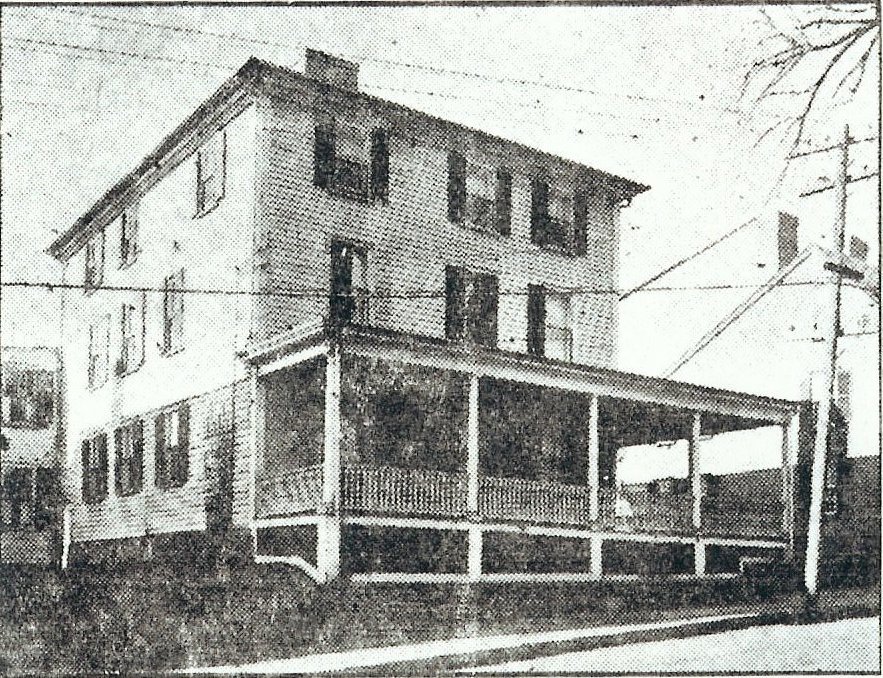I would like to return back to Abbot Hall, not to discuss that building’s history (I have already done that), but the history of a building across from it.
At 197 Washington Street stands a building called the Meek House. The Meek House was built by brothers Thomas and Richard Meek in the 1750s. According to records from the Massachusetts Cultural Resource Information System (MACRIS), Thomas sailed in privateers, privately owned ships engaged in war, during the Revolutionary War.
Thomas did not come out of the Revolution unscathed. Both MACRIS records and Samuel Roads Jr.’s “The History and Traditions of Marblehead” state that he became a prisoner of war. Roads’ account mentions Thomas among those captured on board the brig Fancy, of Newbury, which was taken by the British in August 1777.
Roads claims, however, that Thomas “ran away” from Old Mill Prison in England, where he and the other men were confined. He was likely free by 1785, as there are accounts of him serving aboard at least seven other ships between that year and 1819. Roads also claims that Thomas was in the schooner “Franklin” with the famous Capt. James Mugford, Jr.
After the Meeks, the house changed hands many times. By 1881, according to a MACRIS inventory page, the house was owned by one Mrs. Bartlett, and in 1888 by heirs of Asa Bartlett, Joseph Bartlett, and somebody listed as “Pedrick.” Later, the Goldthwait brothers purchased the house for their sister Elizabeth Stevens.
One owner, Augustus Stevens, is said to have lit candles in each window as the Democrats paraded through town, as he himself was an “ardent Democrat” according to MACRIS.
The Meek House has maintained much of its historical appearance, aside from a renovation around 1900 when the original doorway was removed in favor of a porch. That porch is no longer extant. The current entryway may be closer to what the Meek brothers had originally built, as it is a typical doorway of the period.
Though its name, the Meek House, evokes a sense of quiet and timidity, if walls could talk, I am sure they would have much to say.

